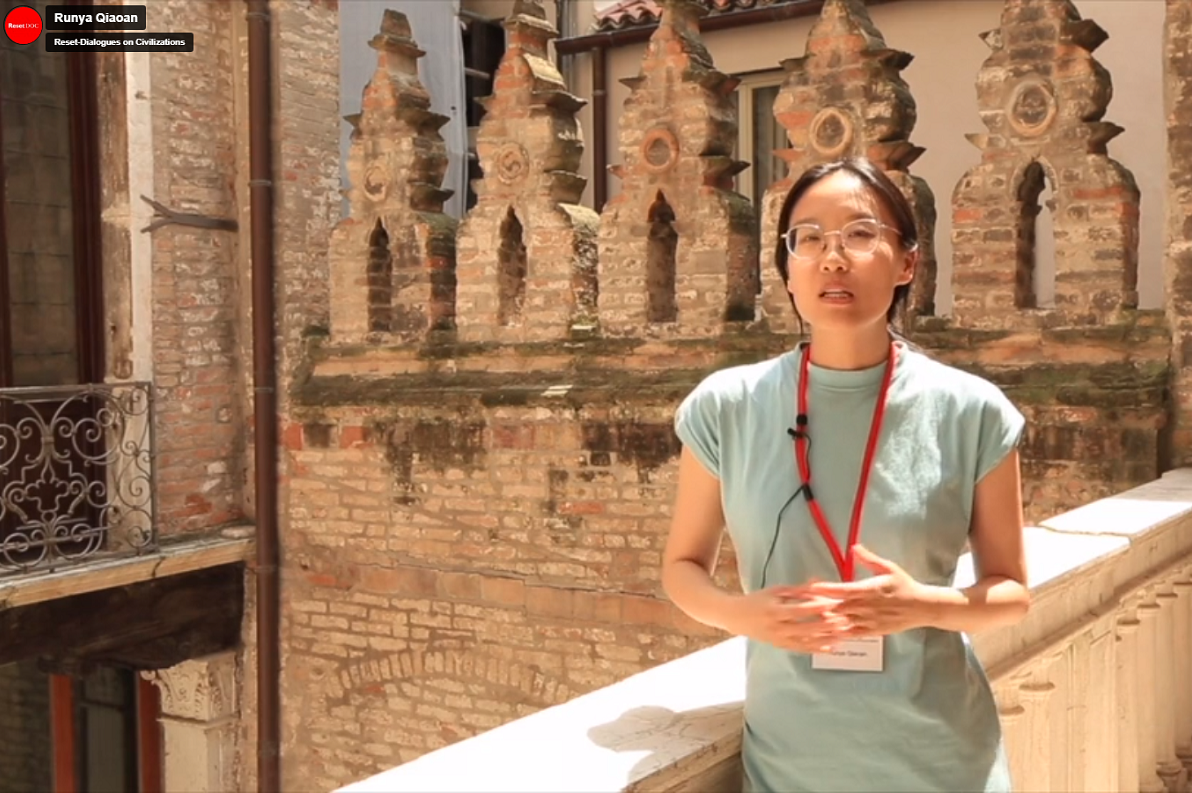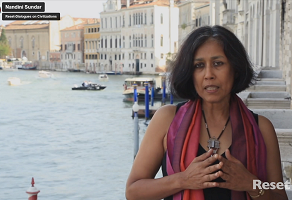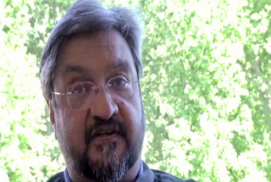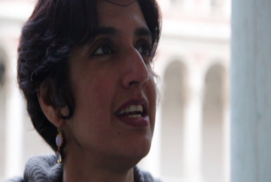
Videos
Asia

- Nandini Sundar 3 August 2022Citizens who are member of societal, ethnic or religious minorities are per se more vulnerable than the rest of a country’s population. That should be the case in India, too. Yet rather than being protected by the State, many of them are facing increasing hurdles, if not outright harassment through public measures. Prof. Nandini Sundar explains how.
- Daniel A. Bell 18 May 2020In China, leaders fear elections, even at local level. But democracy is not just about elections and China is experimenting with non-electoral mechanisms of political participation, such as deliberation and sortition. Can such mechanisms help to secure social cohesion in China?
- Pei Wang 3 January 2019The practice of toleration with the attitude of tolerance. Interview with Pei Wang from Tsinghua University.
- 26 May 2015According to Rajeev Bhargava, interviewed during the Istanbul Seminars 2014, Ashoka’s 7th edict is a lesson about public political morality in deeply diverse societies. It encourages people to evolve in their own respective religious-philosophical perspectives towards a mutual moral growth, by which the Other can be enriched. Today, we call this notion pluralism. Toleration, on the other hand, encourages living back to back with a lack of mutual interaction.
- Ananya Vajpeyi 23 September 2013“Swaraj literally means ‘selfrule’: it joins together the idea of the self and the idea of sovereignty, rule, or mastery. Swaraj was used most in the late nineteenth century and throughout the first half of the twentieth century to indicate the major political project that Indians were engaged in, through a number of anticolonial, nationalist movements and other kinds of political responses to the fact of British rule and British empire. Most histories of Indian nationalism or of India during that period tell the story of how India became politically independent and how it succeeded in ending British rule. But I couldn’t find any good narrative about the search for the ‘Self’, which is the “Swa” in the first half of Swaraj.” That is why Ananya Vajpeyi, Kluge Fellow at the The John W. Kluge Center of The Library of Congress in Washington D.C., has selected five key figures of India’s modern thought, politics and culture – Mahatma Gandhi, Rabindranath Tagore, Jawaharlal Nehru, B.R. Ambedkar and Abanindranath Tagore – to understand how they tried to find values and norms that could be set up as the scaffolding for a future India. We interviewed her during the Venice-Delhi Seminars 2012, held at the Giorgio Cini Foundation in Venice. Ananya Vajpeyi is the author of Righteous Republic. The Political Foundations of Modern India, Harvard University Press, 2012 Interview by Nicola Missaglia Videomaker: Ruben Lagattolla More about Venice-Delhi Seminars here Discover the September 2013 Issue of Seminar magazine, with contributions from the Venice-Delhi Seminars 2012






